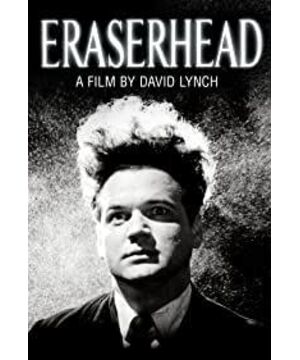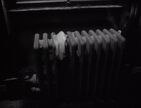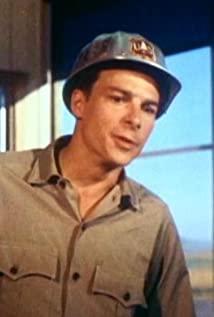The so-called master is probably that one or two pictures clearly express the situation and relationship of the characters, which is a kind of realism that transcends reality. The first time I saw David Lynch's movie, I felt quite talented. There will be more dimensional interpretation space in terms of movie content. The first time I watched it, it is simply: the father is the rubber head of the son, and the earth is the rubber head of human society. This "pencil-eraser" relationship is a solid and With a huge system, when did our way of existence become so deformed? This is worth considering.
What's interesting is that Lynch didn't wipe the rubber head in this movie. The dust of the rubber was wiped out and ended. He filmed the result of a rebellion-father killing son. "Father killing son" faintly responded to "son killing father". I regard it as a response to the ancient myths. The movie also has the form of father killing and son killing at the same time. If parents are an ancient lie to their children, then the lie of children to their parents seems more modern and the result of systemization. The story of father killing son in ancient Western mythology seems to be not uncommon. Son killing father is even more rebellious, but now it seems the opposite is true. This is in terms of specific forms. But if you look at a larger system, in terms of rebellion and freedom, both points can be attributed to the same spirit/the same temperament. This humanistic spirit from ancient times to the present is in the same line. I feel that it is transcendence, innate by the soul, or perhaps given by God, to resist all false gods.
========
I slept for a while and thought that this film is also smoothly interpreted from the perspective of sex. The last girl had two bulging balls on her cheeks, which looked like testicles, and the ratio of the balls to the body looked like an erect XX. So this is another story of a man recovering his dick (pure sexual desire) and self-liberation.
View more about Eraserhead reviews











